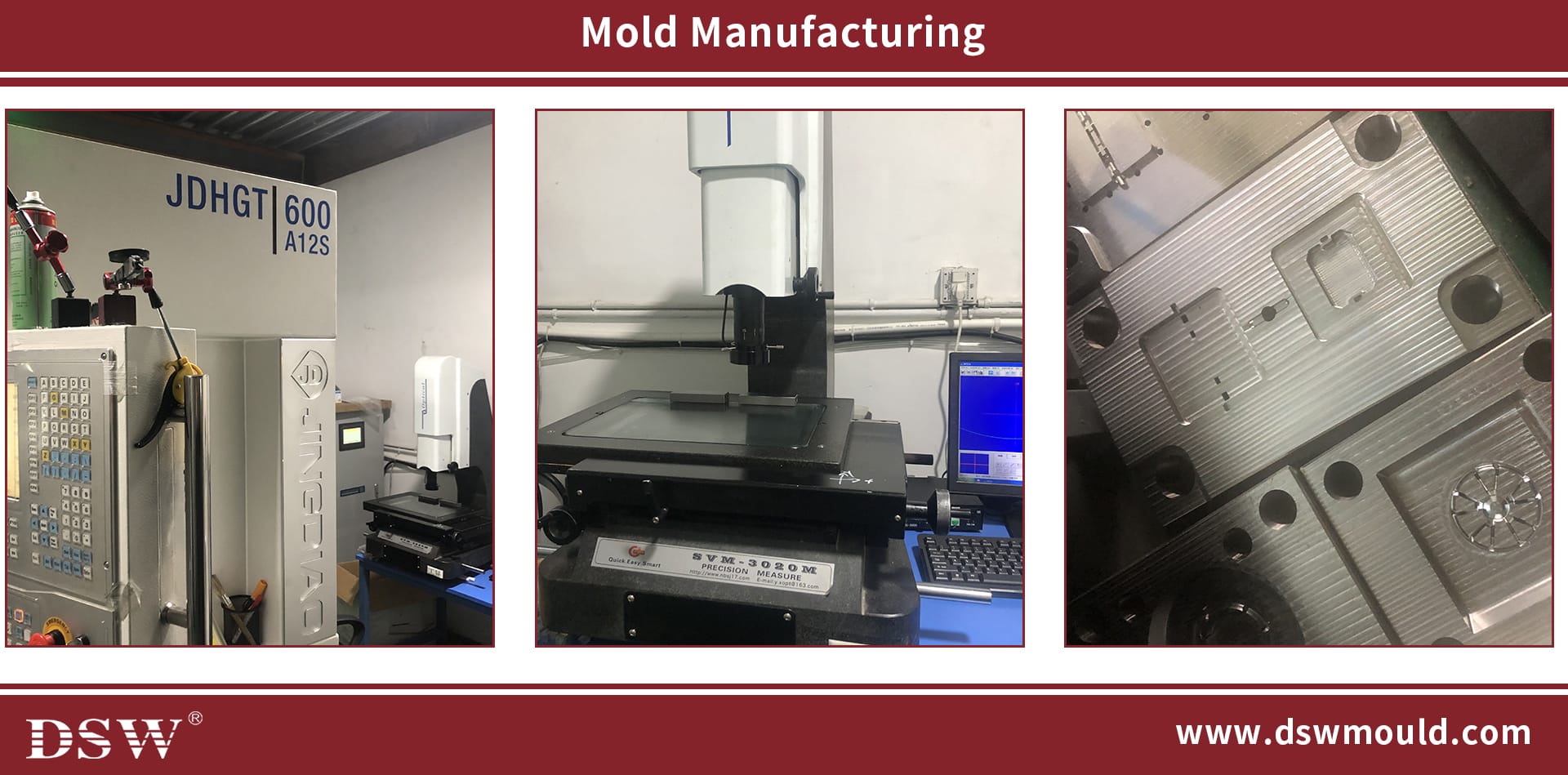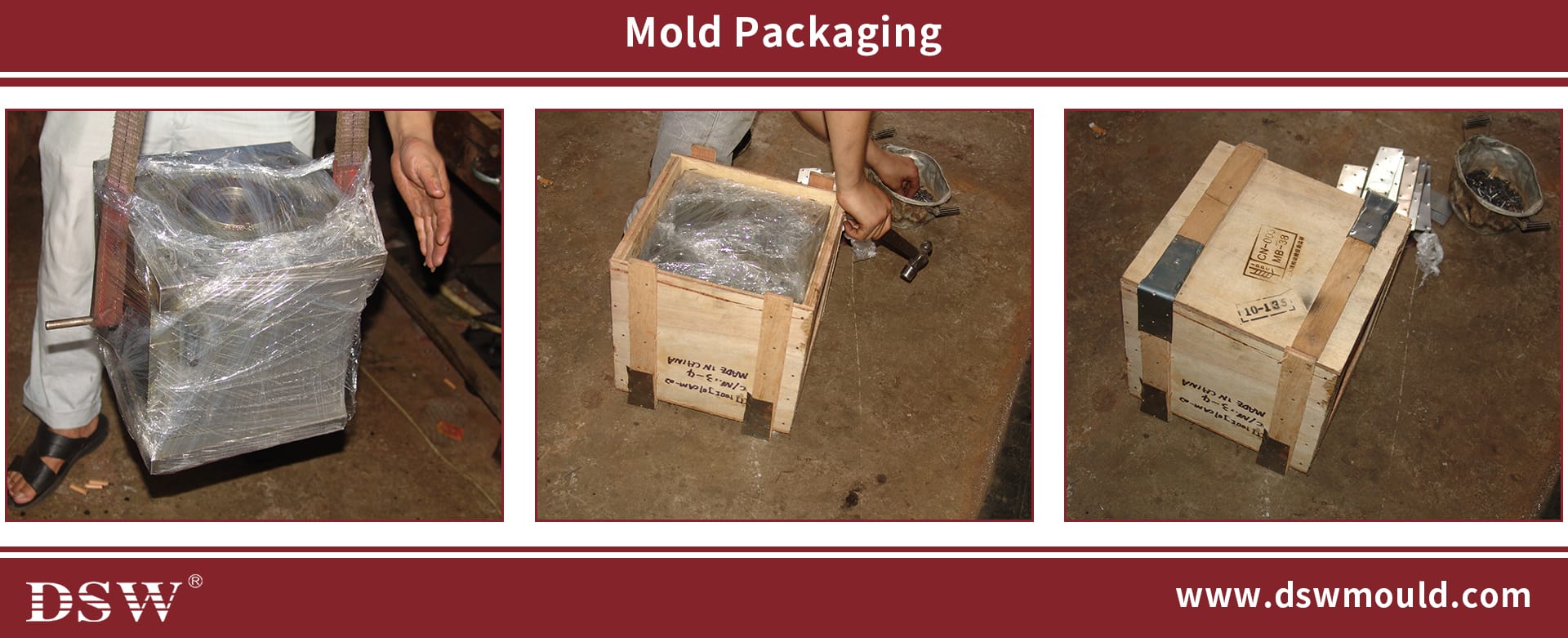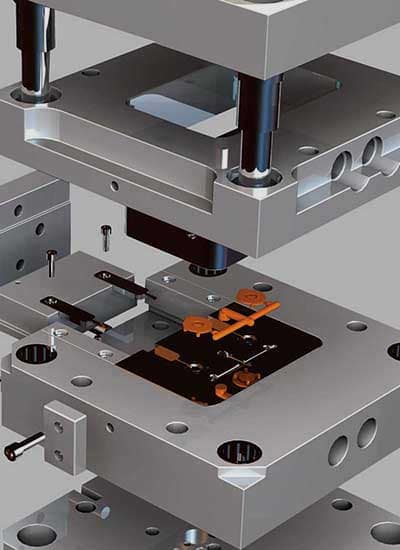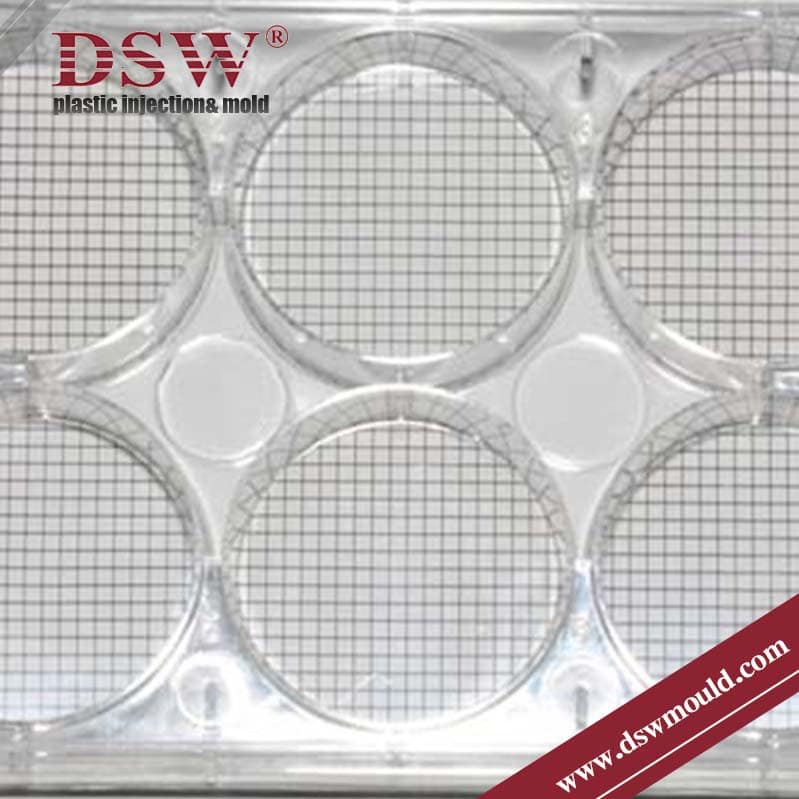Cell Culture Plates
Cell culture plates, also known as cell culture dishes or cell culture wells, are laboratory tools used in cell culture experiments.
DSW has professionals who design and develop a wide range of styles, sizes, and surfaces that cost-effectively suit a variety of cell cultures in different applications.
The new generation of DSW tissue culture plates features yellow strip marking areas and easy-to-read black-embossed, alpha-numeric writing.
The cell growth surface treatment is limited to the good bottoms and offers optimal attachment and growth for the most varied cell lines.
The untreated well walls also flatten the liquid meniscus that forms, reducing light diffusion.
This feature, along with the outstanding optical clarity of the well bottoms, makes these plates ideal for microscopic examination and spectroscopic measurements.
plastic mold for Cell Plates
| Export to(Country) | USA |
| Tool Description | Tissue Culture Plates |
| Material Type | ABS |
| Cavitation | 1 |
| Weight of Plastic Product | 301g/pcs |
| Mould Design by | DSW |
| Mould Construction | Standard |
| Mould Base | LKM |
| Cav.Material | NAK 80 |
| Core Material | 2738 |
| Side Action | Mechanical Slide |
| Ejection | EJ pins |
| Mould Life | 500,000 |
| Moulded Part Inspection By | Moulder |

Features
Well Structure: Cell culture plates typically are divided into compartments. The size of the wells can differ, from smaller wells for high-density to larger wells for low-density. The number of holes in a plate is also variable, providing flexibility for experimental setups and throughput.
Material: High-quality biocompatible materials, such as polystyrene or polycarbonate, can be used to make cell culture plates. These materials are not toxic to cells but provide an ideal surface for attachment and cell growth. They are also transparent and allow for easy visualisation of the cells.
Surface Treatment: Surfaces of cell culture plates may be coated or treated to improve cell growth and attachment. Surface treatments include collagen coatings, fibronectin, and tissue culture treatment. These treatments encourage cell adhesion and create an environment favourable for cell growth.
Cell culture plate and multi-well plate sizes
The wells of cell culture plates refer to the individual compartments or cavities within the plate, which serve as containers for cultivating cells in a controlled environment.
Depending on the plate’s configuration, these wells vary in size, shape, and number, typically ranging from 6-well, 12-well, 24-well to 96-well plates, or even more.
Our cell culture plate selection tool makes finding what you need easy. Choose your detection technology or surface types guide.

Applications and Benefits
- Research Applications: Ideal for growing cell lines such as stem cells, cancer cells, and primary cultures.
- Industrial Use: Widely used in pharmaceuticals, diagnostics, and biotechnology.
- Enhanced Performance: Features like optical clarity and meniscus flattening improve data accuracy in cell-based assays.
Request a Consultant
DSW provides a variety of customizable cell culture plates designed to meet the demands of modern research. Explore our catalogue for high-performance solutions, and contact us for bulk orders or tailored designs to elevate your lab’s efficiency and precision.
















